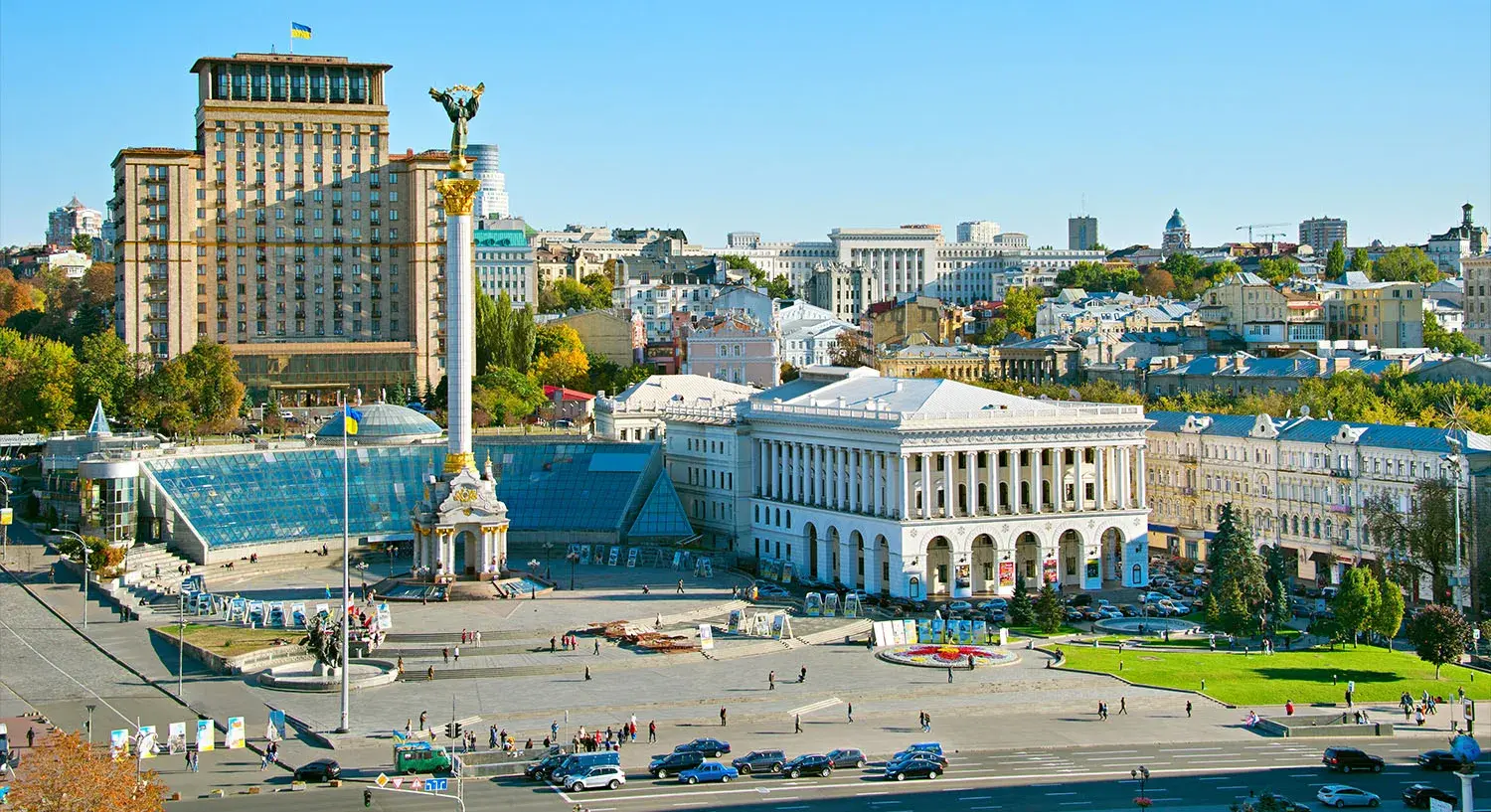Establishing the Rule of Law is Vital for Post-War Ukraine
A study by ZHAW and CASE Ukraine has shown how economic reconstruction could succeed after the end of the war in Ukraine. The most critical area of reform is the establishment of a functioning rule of law.

Ukraine has been at war for 14 months. At the same time, intensive work is being done to secure the country’s future after the war. According to the study “Economic priorities in post-war Ukraine,” the absence of the rule of law in Ukraine is one of the biggest failures. The authors of the ZHAW School of Management and Law and CASE Ukraine (Center for Social and Economic Search) study stress that post-war Ukraine should prioritize establishing a functioning rule of law. This includes reforming the judiciary, strengthening property rights, and pursuing the decentralization measures that have been successful so far. “Of all the economic reforms, establishing the rule of law will be the key to success,” explains Christopher Hartwell, Director of the International Management Institute at the ZHAW School of Management and Law. “Thirty years after independence, the quality of judicial and law enforcement institutions has not yet been reached. Poland, Slovakia, and the Baltic states all had this at the beginning of their market reforms in the early 1990s.”
From wartime economy to market economy
During the transition from a wartime economy to a market economy, almost all aspects of interaction with the government should be simplified, according to the study. In the case of taxation, for example, this includes shifting the burden of proof from the taxpayer to the tax authority. In addition, licenses and permits should be eliminated wherever they are not strictly necessary, and decentralization reforms must be pursued. This will not only promote the continuity of foreign reconstruction assistance but also facilitate the investment required for economic growth. Such measures will also help Ukraine continue on the path of European integration, even if full membership of the European Union remains a longer-term goal. “Ukraine’s survival as an independent state depends a lot on whether it successfully implements these bold political reforms. It will take considerable political will to make this happen,” says Professor Hartwell.
European integration as a catalyst
Ukraine being granted the status of an official EU candidate country in June 2022 came about from long-standing integration efforts that began in 1994 and reached an initial peak in 2014 with an Association Agreement. As a result, significant reforms for the country’s modernization were advanced: Clear targets were set for implementing decentralization and reforming public administration and the judiciary. Ukraine’s greatest achievements since 2014 have been in the trade areas of the agreement, such as tariff reductions and the removal of non-tariff barriers to Ukrainian exports to the EU. How fully Ukraine had implemented the 2014–2024 Action Plan from the Association Agreement by the end of 2022 is estimated at between 49 and 66 percent. Nevertheless, Ukraine has been able to achieve EU candidate status, although several reform issues remain for any future membership negotiations.
Reform efforts frozen
Much has been achieved in Ukraine since 2014, but according to the study, “frozen” reform developments should be resumed. Establishing the rule of law, addressing the continued weakness of public administration, and reducing the dominant role of the state – and the political interference this allows – remain the most pressing problems. This means that some of the commitments made by Ukraine during the process of rapprochement with the EU have yet to be fulfilled. These include complex policy and regulatory decisions such as anti-oligarch legislation, the implementation of anti-monopoly regulations, and improved access to finance for reconstruction.
Implementation requires determination
The “Economic priorities in post-war Ukraine” study team agrees that implementing these economic reforms will be challenging. Strong resistance exists, especially in the fight against corruption, and a solid commitment to reform is needed. “Extensive anti-corruption investigations during the war and the associated dismissals in January 2023 could be a positive sign that the necessary change for a stable future of Ukraine is possible,” concludes Hartwell.
Contact
- Prof. Christopher Hartwell, Director of International Management Institute, ZHAW School of Management and Law, phone: +41 (0)58 934 60 72, email: christopher.hartwell@zhaw.ch
- Valerie Hosp, Communications, ZHAW School of Management and Law, phone +41 (0) 58 934 40 68, email: valerie.hosp@zhaw.ch